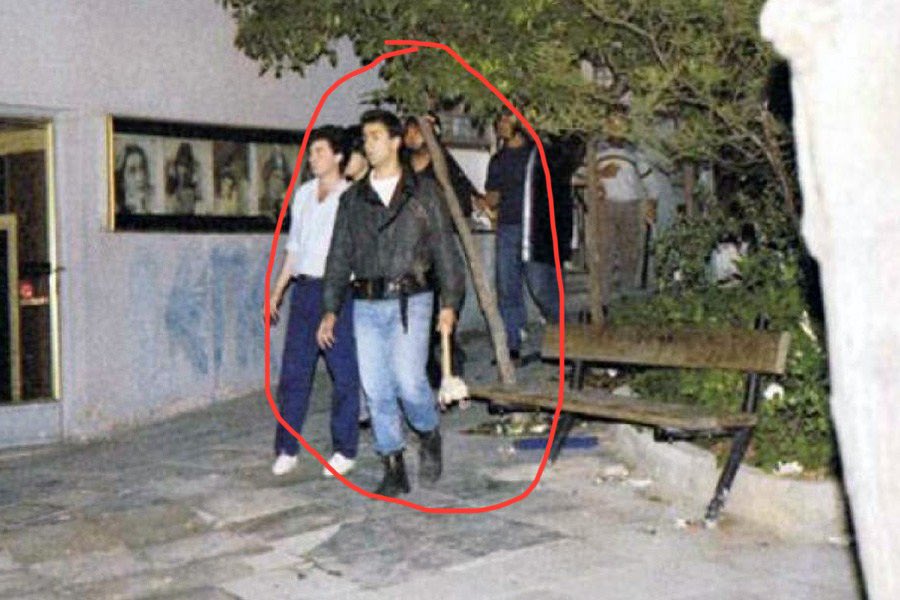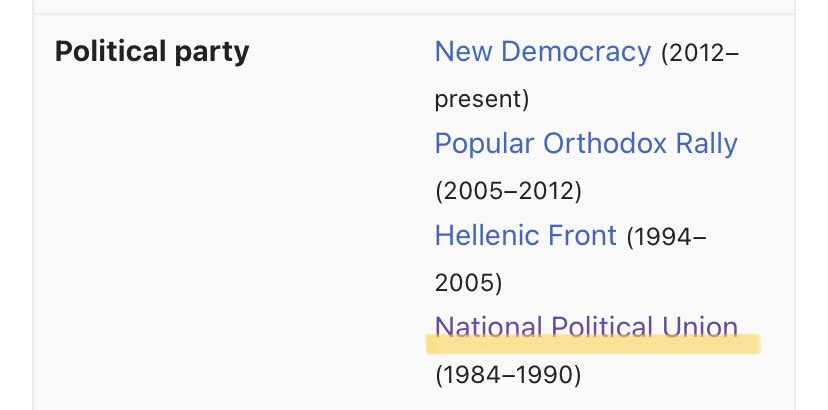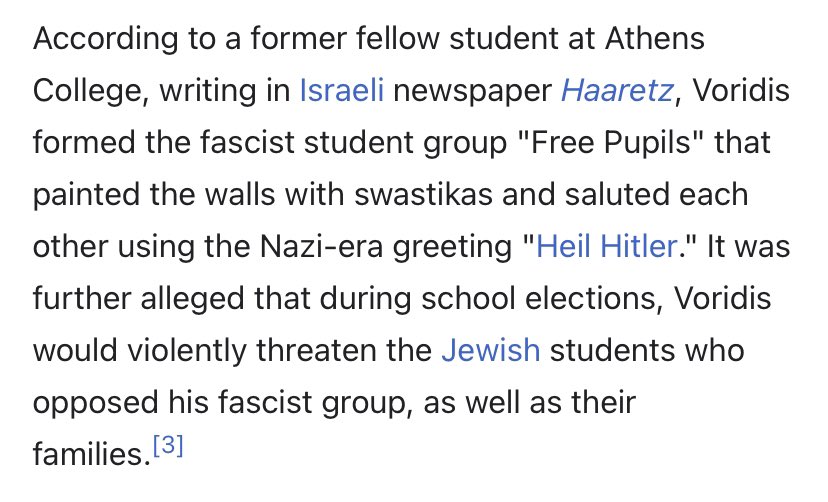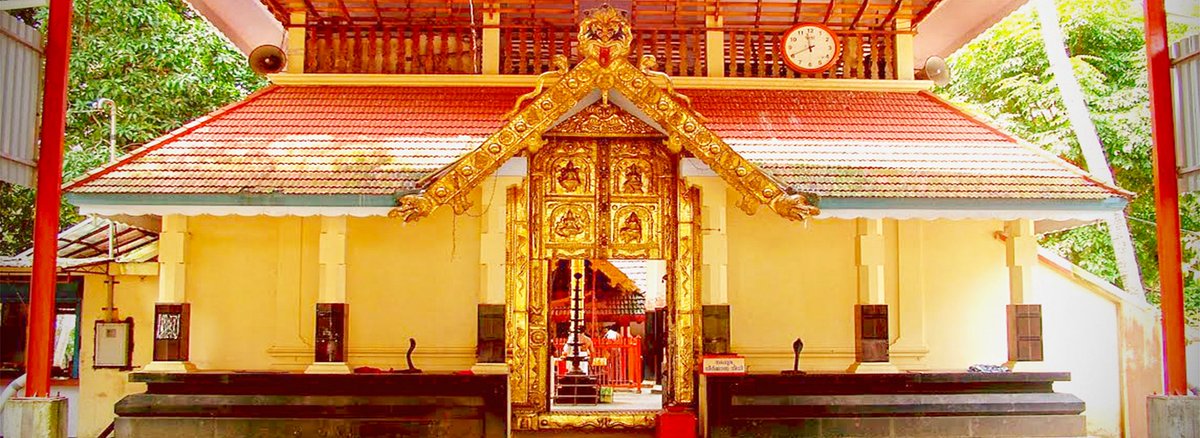Bellingcat and its investigative partners have established that Russian politician, Vladimir Kara Murza, was followed by a specialist FSB team prior to his suspected poisonings in 2015 and 2017.



More from World
1/10 With respect, multiple straw men here:
A) If you mean by "legally questionable" either that Senate is barred by constitution from trying an official impeached while in office, or that there are even very strong arguments against it, I have to differ...
2/10 Constitutional structure, precedent & any fair reading of original intent dictate that argument for jurisdiction is far stronger than argument against. On original intent, see
3/10 If you mean argument against jurisdiction is plausible, sure, it's plausible. It's just weak. In practical fact, Senate can try Trump now, find him guilty & disqualify him from future office if there are sufficient votes. And no court would presume to overturn that result
4/10 b) The argument from resources is awfully hard to take seriously. Fewer than a dozen House members act as Managers for a few weeks. They are staffed, as are Senators hearing case, by folks whose job it is to do stuff like this...
5/10 Yes, Senate floor time will be taken up. But it's past time for us to stop thinking of members of either house as feeble, fluttering, occupants of a nationally-funded convalescent home. There are nearly 500 of these people with 1000s of staff and a bunch of big buildings...
A) If you mean by "legally questionable" either that Senate is barred by constitution from trying an official impeached while in office, or that there are even very strong arguments against it, I have to differ...
Some argue that if the Senate declines to hold a legally questionable, resource-sucking trial, Trump would be getting a free pass. That assumes criminal authorities do nothing and citizens can't be trusted to evaluate. Censure and focus important work?
— Ross Garber (@rossgarber) January 22, 2021
2/10 Constitutional structure, precedent & any fair reading of original intent dictate that argument for jurisdiction is far stronger than argument against. On original intent, see
3/10 If you mean argument against jurisdiction is plausible, sure, it's plausible. It's just weak. In practical fact, Senate can try Trump now, find him guilty & disqualify him from future office if there are sufficient votes. And no court would presume to overturn that result
4/10 b) The argument from resources is awfully hard to take seriously. Fewer than a dozen House members act as Managers for a few weeks. They are staffed, as are Senators hearing case, by folks whose job it is to do stuff like this...
5/10 Yes, Senate floor time will be taken up. But it's past time for us to stop thinking of members of either house as feeble, fluttering, occupants of a nationally-funded convalescent home. There are nearly 500 of these people with 1000s of staff and a bunch of big buildings...
You May Also Like
@franciscodeasis https://t.co/OuQaBRFPu7
Unfortunately the "This work includes the identification of viral sequences in bat samples, and has resulted in the isolation of three bat SARS-related coronaviruses that are now used as reagents to test therapeutics and vaccines." were BEFORE the

chimeric infectious clone grants were there.https://t.co/DAArwFkz6v is in 2017, Rs4231.
https://t.co/UgXygDjYbW is in 2016, RsSHC014 and RsWIV16.
https://t.co/krO69CsJ94 is in 2013, RsWIV1. notice that this is before the beginning of the project
starting in 2016. Also remember that they told about only 3 isolates/live viruses. RsSHC014 is a live infectious clone that is just as alive as those other "Isolates".
P.D. somehow is able to use funds that he have yet recieved yet, and send results and sequences from late 2019 back in time into 2015,2013 and 2016!
https://t.co/4wC7k1Lh54 Ref 3: Why ALL your pangolin samples were PCR negative? to avoid deep sequencing and accidentally reveal Paguma Larvata and Oryctolagus Cuniculus?
Unfortunately the "This work includes the identification of viral sequences in bat samples, and has resulted in the isolation of three bat SARS-related coronaviruses that are now used as reagents to test therapeutics and vaccines." were BEFORE the

chimeric infectious clone grants were there.https://t.co/DAArwFkz6v is in 2017, Rs4231.
https://t.co/UgXygDjYbW is in 2016, RsSHC014 and RsWIV16.
https://t.co/krO69CsJ94 is in 2013, RsWIV1. notice that this is before the beginning of the project
starting in 2016. Also remember that they told about only 3 isolates/live viruses. RsSHC014 is a live infectious clone that is just as alive as those other "Isolates".
P.D. somehow is able to use funds that he have yet recieved yet, and send results and sequences from late 2019 back in time into 2015,2013 and 2016!
https://t.co/4wC7k1Lh54 Ref 3: Why ALL your pangolin samples were PCR negative? to avoid deep sequencing and accidentally reveal Paguma Larvata and Oryctolagus Cuniculus?





























